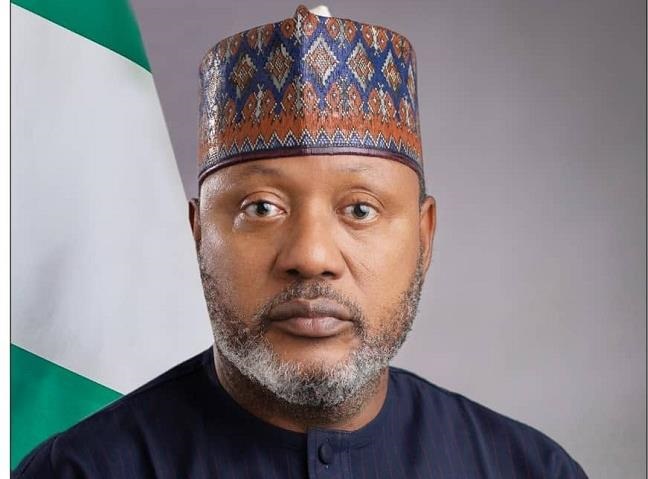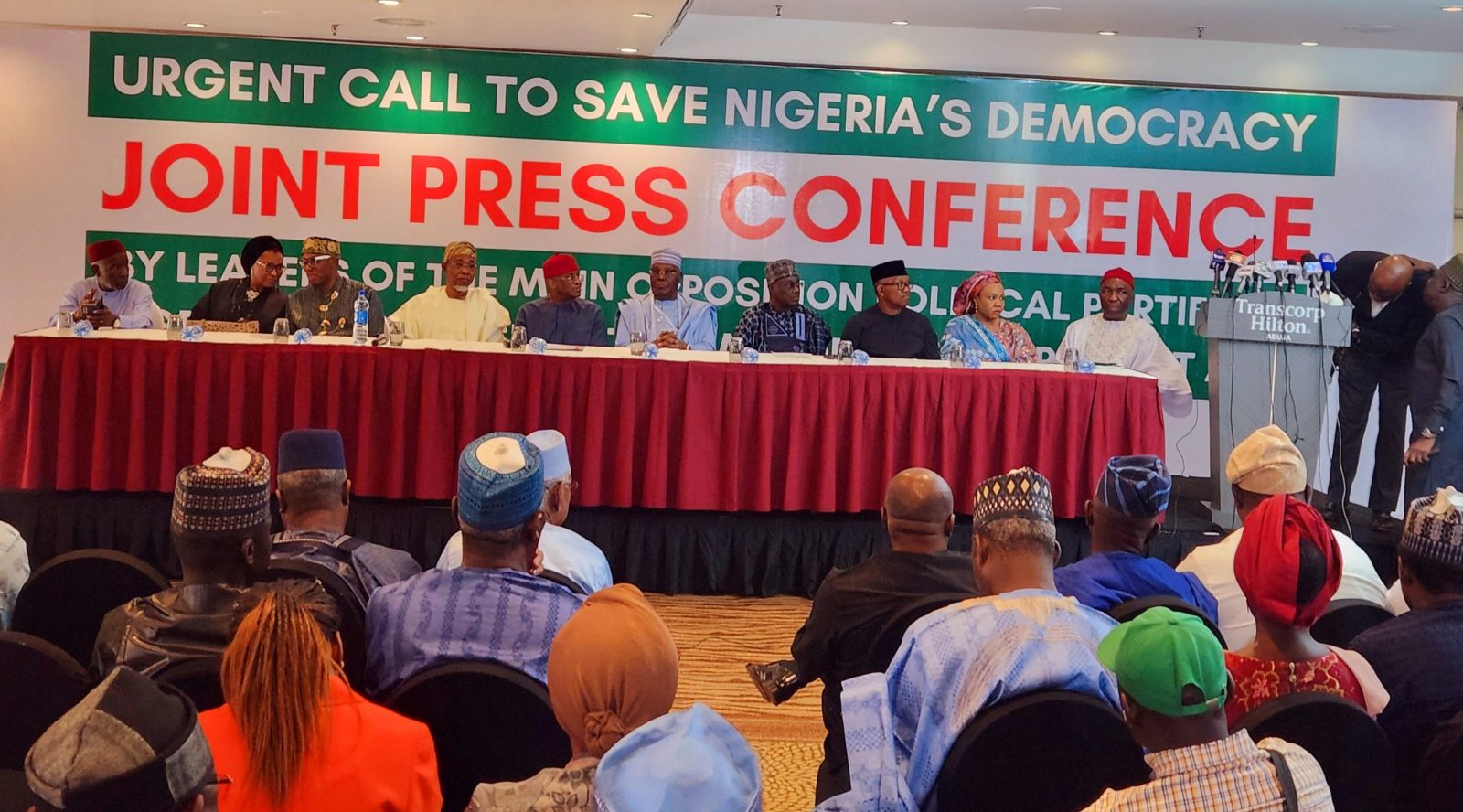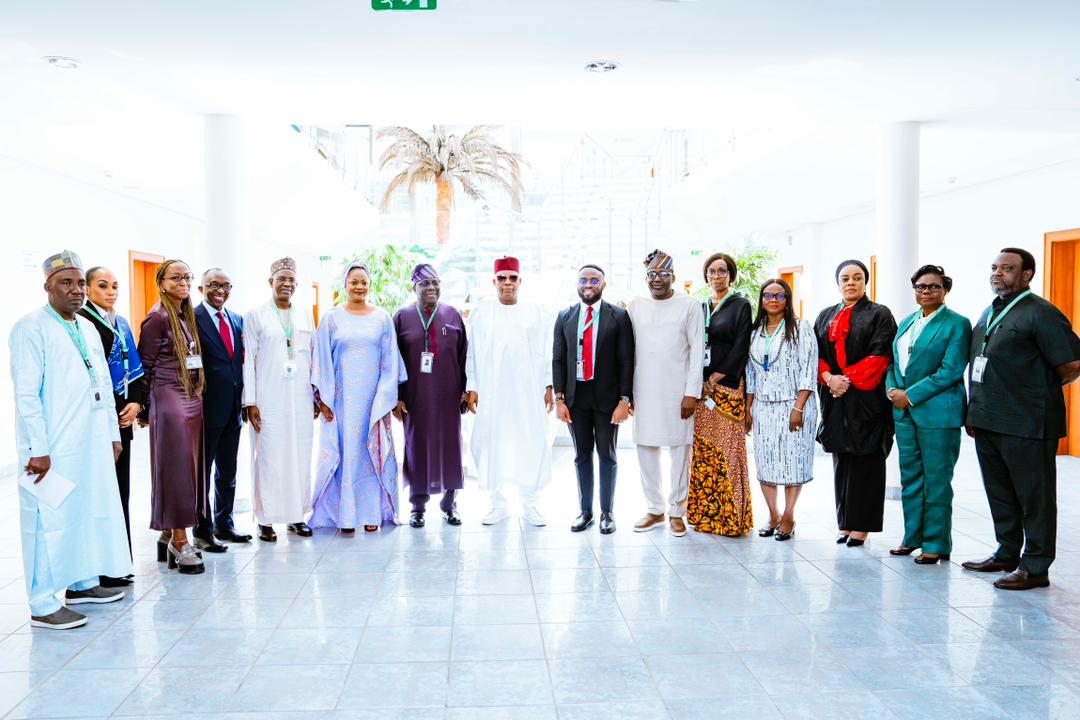The Minister of Environment, Mr Mohammed Abdulahi, has blamed state governments for the gargantuan erosion problems across the states particularly in the Southeast.
Abdulahi accused the governors of “lobbying’’ President Muhammmadu Buhari to give them their own “share’’ of the ecological funds, hitherto an intervention fund by the federal government.
“Part of the problem is that initially, the federal government used to intervene in state erosion matters under the Ecological Fund but the states insisted that they should be given their share of the ecological funds.
“So since then, Mr President being a democrat, gave directive that at every FAAC meeting, deductions (their share) should be made and paid to states from Ecological Fund,’’ the minister said at the 69th edition of the inter-ministerial media briefing held at the Presidential Villa, Abuja on Thursday.
Reacting to Gov. Chukwuma Soludo’s tagging of Anambra State as the nation’s erosion capital, Abdulahi said: “On Anambra being the erosion capital of Nigeria, again some of these things boils down to the nature of our federal structure.
“But in spite of that, the federal government through the Ecological Fund office still intervenes in states to support erosion challenges in several states.
“So as much as we want to intervene and correct some of these anomalies, we are also inhibited by funding issues. Again, that was the basis for which the federal government created NEMA so that the issues of erosion are handled in every state.
“There is a huge gap in the management of erosion particularly in the Southeast states of Anambra, Imo and Enugu.
“So we are doing our best to support them but we are also calling on the states to live up to their responsibilities and utilize those funds they get from Ecological Fund effectively, this way we can support ourselves.”
On the ongoing deforestation in the country, the minister also blamed the practice on who he called some powerful interests in the states, who protect loggers that produce charcoal for sale from the felled trees.
“Each time the federal government tried to go after those behind the menace to save the environment, there was a push back at the subnational level on the ground that the trees belong to the states.
“To have some level of control, apart from timber legal standard, we have what we call National Trust Fund (NATF), which is essentially to track in areas where there is so much pressure on our forests.
“After tracking it, raise red flag and then engage those communities and the state governments so that the solution can be brought and have a level of arrest of the continuous challenge to our forest.
“What we did not tell you, is that the activities of the people in the charcoal business with all due respect are being supported by a number of powerful people in the sub-national level.
“And if we try to do some level of enforcement, they will tell you, we own this territory, you are federal government and you cannot enforce your rule and policy on us.
“So, that is part of the challenge in terms of controlling these activities. But in spite of this, the task force is still there, going after some of them on ad-hoc basis, trying to find out who and who is involved, who licensed who. We are doing our best to curb the situation,’’ Persecondnews quotes Abdulahi as saying.
Speaking on the Timber and Energy Standard, the Director-General of Forestry Research Institute of Nigeria (FRIN), Prof. Adepoju Olusola, said no other administration has tackled the problem of deforestation more than the Buhari administration.
“The challenge we are facing under deforestation and charcoal is engaging Nigerian Governors Forum because of the Land Use Act.
“The federal government is just a policy provider and doesn’t have that control over state government land to work out a modality which Kaduna State government has keyed in properly.
“It has invested some hectares of land to plant and we are working with the local governments. So, we are projecting other states will follow suit,’’ he said.
Accordng to him, the administration has so far planted five million trees out of the targeted 25 million trees by the year 2030 under its afforestation policy.






















Leave a comment